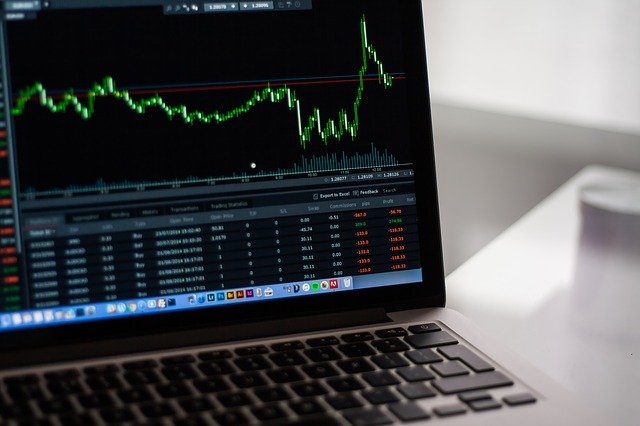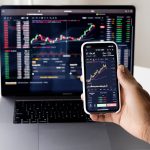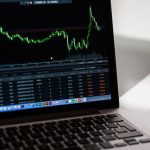Are you looking to get into ETF trading? Then it would help if you learned the trade tricks from a professional. We’ll look at some tips and tricks pro traders use to make this market profit. So, whether you’re a beginner or an experienced trader, read on for some valuable insights.
What are ETFs, and why trade them?
‘ETFs’ stands for Exchange-Traded Funds, and they are traded like stocks, meaning traders can buy and sell them daily. ETFs are usually priced based on their underlying assets, including stocks, bonds, commodities, or currencies. Because they are traded like stocks, ETFs offer many of the same benefits as stocks.
The benefits of trading ETFs
ETFs offer a convenient way to trade a basket of securities in a single transaction. It can save time and money on commissions and fees. ETFs tend to be more tax-efficient than traditional mutual funds and are not subject to capital gains taxes until the shares are sold. ETFs can offer a wide variety of investment choices, which can help traders to find the right mix of assets for their portfolios.
Traders can also use ETFs to access a wide range of asset classes in a single investment. In addition, ETFs are often more liquid than other types of investments, so traders can more easily buy and sell them. Finally, ETFs typically have lower fees than other types of investments.
How to get started trading ETFs
While traders can choose from many types of investments, exchange-traded funds (ETFs) have become increasingly popular in recent years. Before you start trading ETFs, it is essential to understand how they work, and the risks involved. Let’s look at tips to help you get started:
- Make sure you choose the right broker. Many online brokers offer ETF trading, but not all of them are created equal. Look for a broker that offers low commissions, a wide selection of ETFs, and tools to help you research and make informed decisions.
- Do your homework. Like other investments, it is essential to understand the risks and potential rewards associated with ETFs before starting trading. Read up on the different ETF types and familiarise yourself with the most popular ones. Pay attention to market news and keep an eye on factors that could affect the performance of the ETFs you are interested in
- Start small. When you get started, it is best to limit your exposure by investing only a small.
Common mistakes made when trading ETFs
With so many different options available, it can be hard to know which one is right for you. Exchange-traded funds (ETFs) are suitable for many traders, but a few common mistakes can be made when trading them.
One mistake that is often made is trading ETFs without doing proper research. An ETF tracks a particular index or sector doesn’t mean that it will perform well. It’s essential to look at the underlying holdings of the ETF and understand how they are likely to perform in different market conditions.
Another mistake traders make failing to diversify their portfolios by investing in only one or two ETFs. It can lead to concentration risk where all your eggs are in one basket. Diversifying your portfolio with multiple ETFs will help to mitigate this risk.
Lastly, some traders mistakenly think that ETFs are always a good investment. Like other investment products, there are times when it might not be the best option. For example, buying an individual stock might be a better choice if you are looking to invest in a specific company.
Strategies for profiting from the market volatility
One common approach is to buy assets when prices are low and sell them when they rebound. Another strategy is to short-sell assets when prices are high and repurchase them when they fall.
Both of these approaches can be used to generate profits in volatile markets. It is essential to note that these strategies also come with a specific risk. In particular, traders need to be careful not to over-leverage their positions, or they could lose money. It is essential to be careful when trading in volatile markets.






